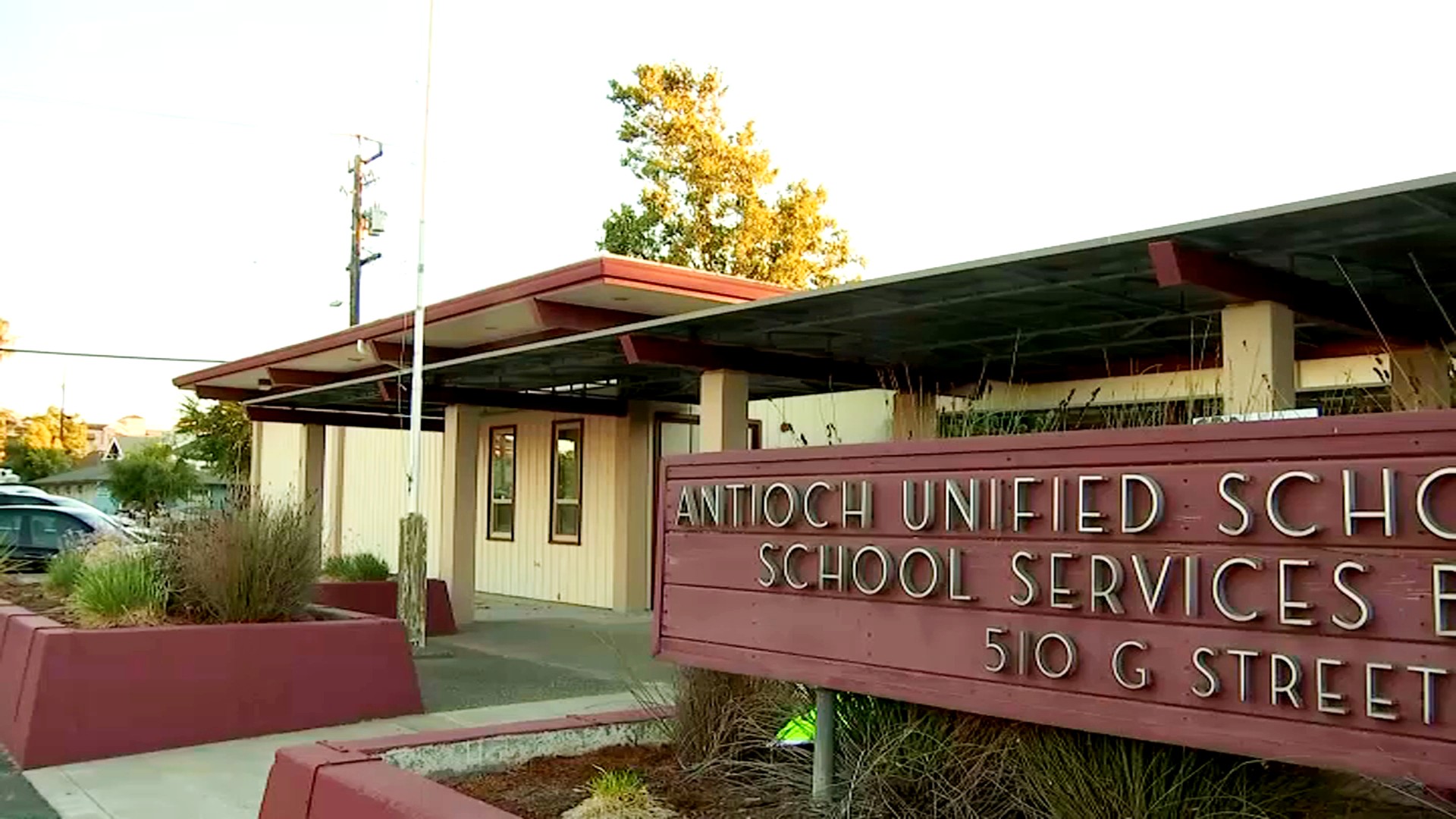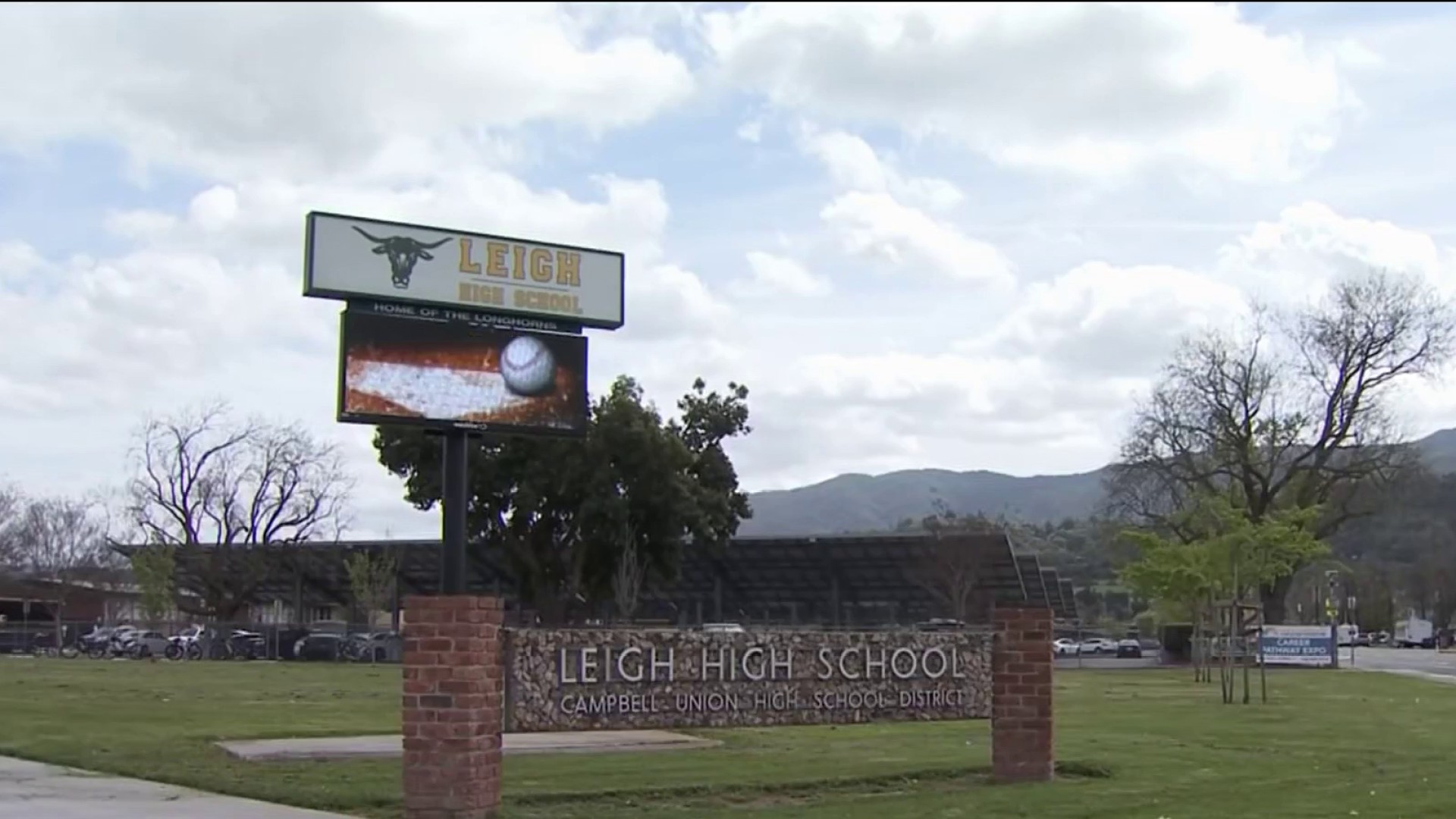California State University employees on Monday will begin voting on whether they should allow their union's board to call a strike after 22 months of failed contract negotiations with the university.
Members of the California Faculty Association, which includes 23,000 professors, counselors, librarians and coaches from all 23 campuses, will have until April 27 to grant the union's board of directors the authority to declare a two-day strike on an undetermined date.
"Faculty throughout our public university are angry and fed-up with the Chancellor’s attacks on us," said CFA President Lillian Taiz in a news release. "Our contract cannot address everything that is destroying California’s public university system, but it is one part of the solution."
Under the proposed strike plan, which comes at a difficult time for the CSU system, campuses would create groups to conduct two-day strikes that would roll across the CSU system.
"We cannot give it up without a fight," added Taiz, a Cal State Los Angeles history professor.
Right now, the labor negotiations are in the fact-finding process. The union is asking for 1 percent pay increase while the university is proposing "status quo."
The CSU system, which offers education to roughly 400,000 students, has lost about $970 million since 2008 amid state budget cuts.
Local
The university hopes to avoid the potential strike, which would be the first since two simultaneous strikes in November 2011, the first strikes in union history.
"We hope it doesn't come to that," said CSU spokesman Mike Uhlenkamp. "When they did that, we felt that it was a disservice to students."
After a neutral fact-finder offers its recommendation to both sides, the CSU administration has the option to impose their last contract offer on the faculty association, as the recommendation is not legally binding.
But if the CSU were to impose a contract, that's when Uhlenkamp said the CFA would likely begin striking.
"We're proposing status quo... Their proposal would cost the university $500 million over the life of the agreement," Uhlenkamp said. "It's too early to be discussing that, at least the strike."
But apparently the CFA doesn't think it's too early.
One major part of the dispute includes faculty salary increases that were approved for both the 2008-2009 and 2009-2010 school years yet were never paid.
They point to an independent study that recommended the CSU had the money to pay for the increases.
Faculty is also asking for more job stability, tenure for temporary faculty and a guarantee of academic freedom.
The administration wants to freeze pay levels, which haven't been raised since 2008, while some CSU presidents have received pay increases, and taken criticism from Gov. Jerry Brown in the process.
Prop Zero: Brown Shocked, Shocked at CSU Salary Hike
When adjusted for inflation, student tuition and fees rose more than 100 percent from 1998-2010, while full-time faculty have seen a 10 percent decrease in pay during that same stretch, according to a chart by the CFA, which used data from the CSU Budget Office.
By comparison, Chancellor Charles B. Reed and campus presidents saw their pay increase more than 20 percent in that same timeframe, according to the chart.



